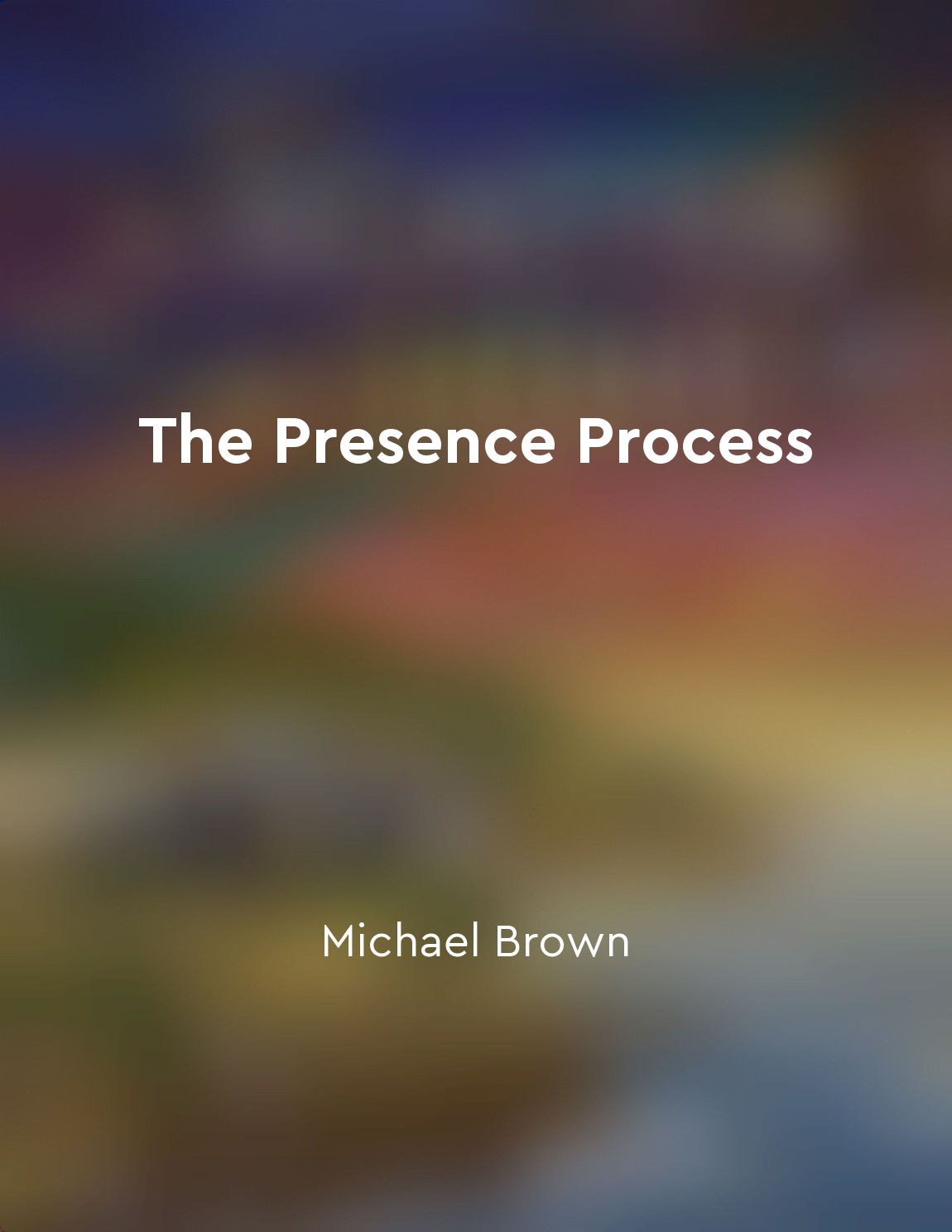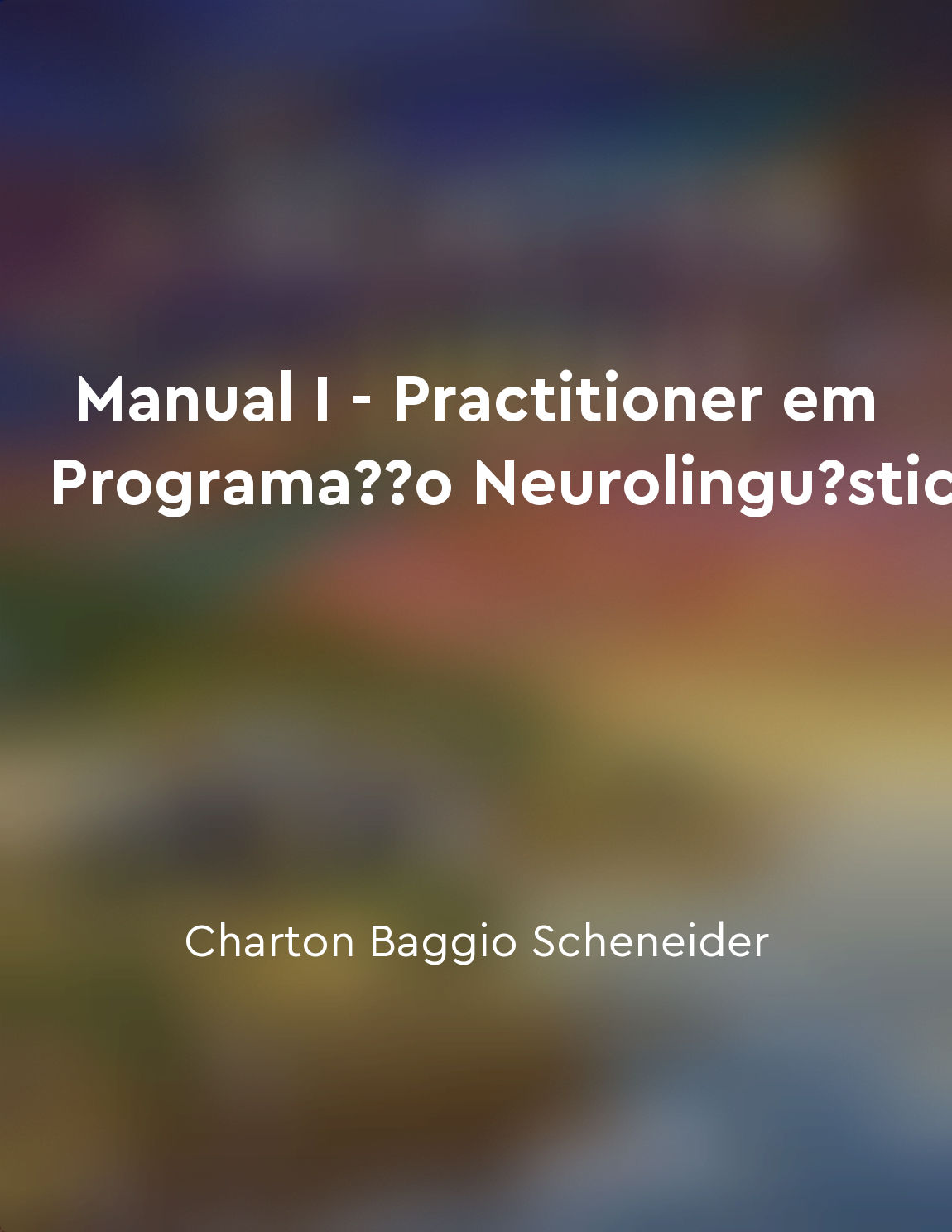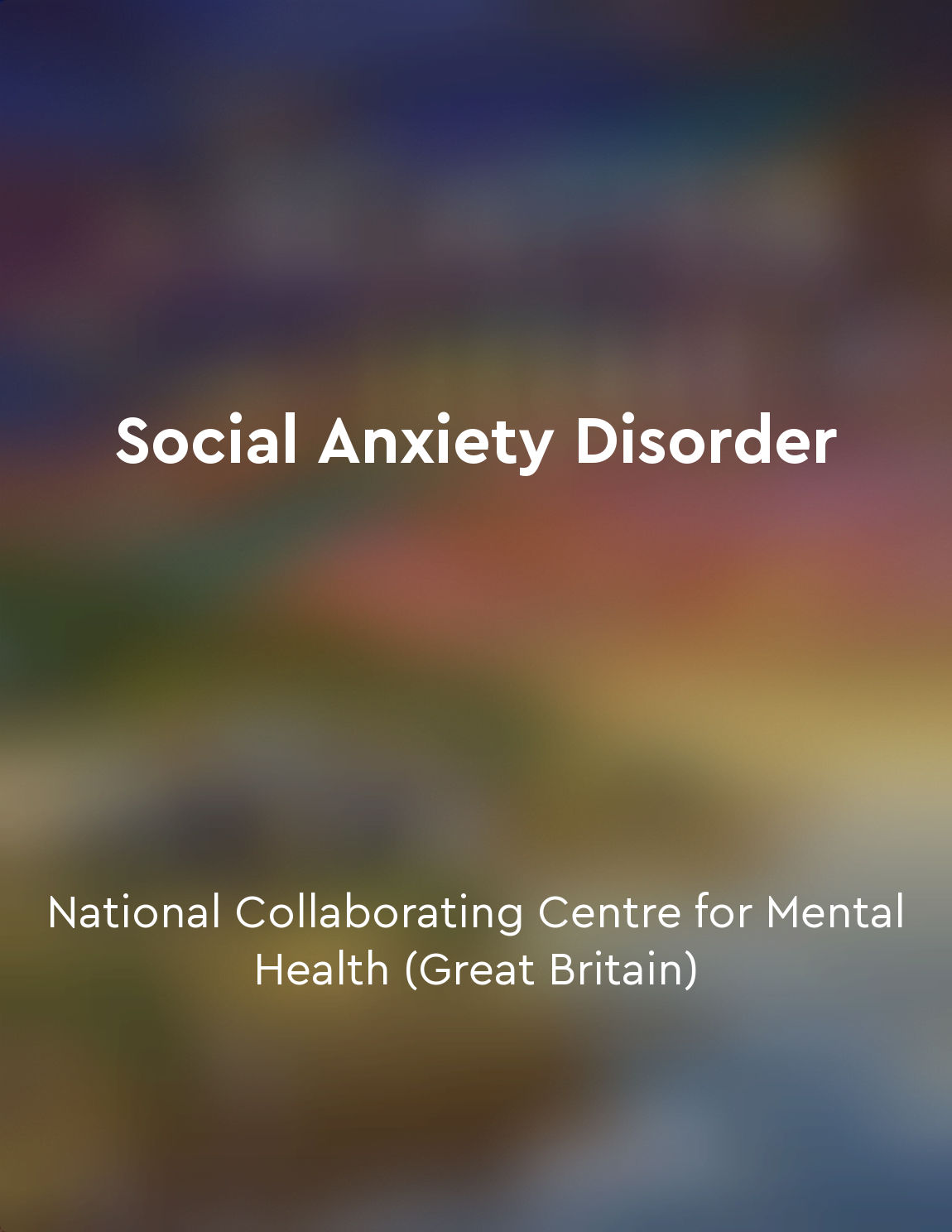Psychological symptoms have underlying causes from "summary" of A General Introduction to Psychoanalysis BY Sigmund Freud by Sigmund Freud
Psychological symptoms, such as anxiety, depression, or phobias, are not random occurrences with no explanation. Instead, they have underlying causes that can be traced back to various experiences and conflicts in a person's past. These symptoms are like the tip of an iceberg, visible on the surface but rooted deeply in the unconscious mind. According to Freud, these symptoms are often manifestations of repressed thoughts, feelings, or desires that are too painful or unacceptable for the conscious mind to acknowledge. Through psychoanalysis, these underlying causes can be uncovered and explored, leading to a deeper understanding of the individual's inner conflicts and moti...Similar Posts
Learning coping skills is essential for managing stress
In order to effectively manage stress, it is crucial to develop coping skills that can help individuals navigate through challe...
Critical selfreflection
Critical selfreflection is a crucial aspect of the biographer's craft. It involves taking a step back from the subject matter a...

Find strength in embracing discomfort and uncertainty
When we are faced with discomfort and uncertainty in our lives, our natural tendency is to resist these feelings. We try to avo...

Setting and achieving goals with NLP
Setting and achieving goals with NLP is a powerful concept that involves using Neuro-Linguistic Programming techniques to help ...
Society's norms can stifle individuality
Society's norms have a powerful impact on the individual, shaping our thoughts, feelings, and behaviors in ways that may not al...
Create a harmonious balance in your mind
To achieve success in life, it is essential to have a harmonious balance in your mind. This means that your conscious and subco...

Avoiding avoidance is an important aspect of treating social anxiety disorder
To effectively address social anxiety disorder, it is crucial to confront avoidance behaviors head-on. In the treatment of this...
Cognitive flexibility is a goal of therapy for anxiety disorders
Cognitive flexibility is a key goal of therapy for individuals suffering from anxiety disorders. This concept involves helping ...
Patty Duke's legacy as a mental health advocate and trailblazer
Patty Duke's impact as a mental health advocate and trailblazer is profound and far-reaching. Her courageous efforts to destigm...
Anxiety is a paradoxical feeling of both dread and hope
Anxiety is a complex emotion that embodies a paradoxical blend of dread and hope. It is a feeling that is intertwined with conf...
